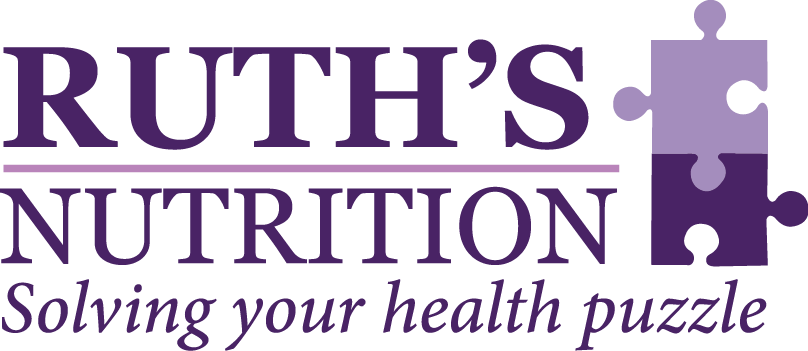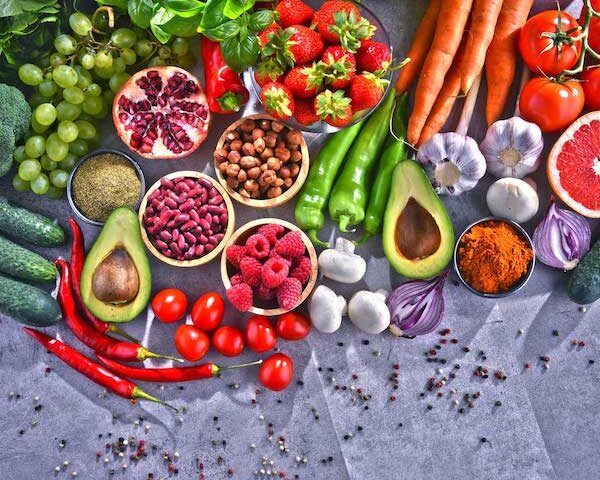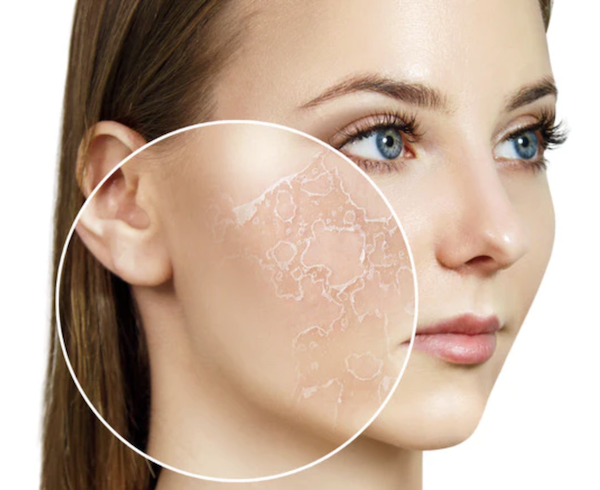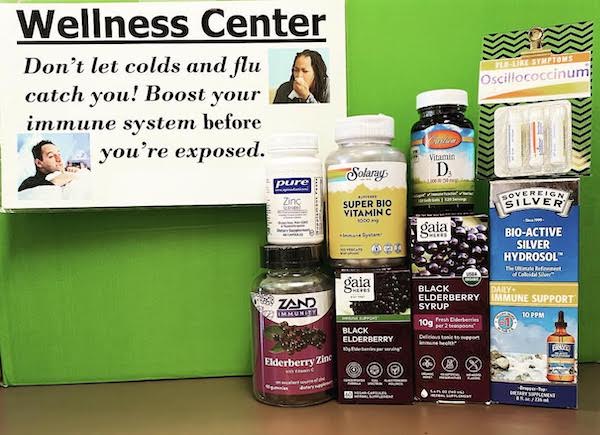Colorful compounds protect both plants and human health
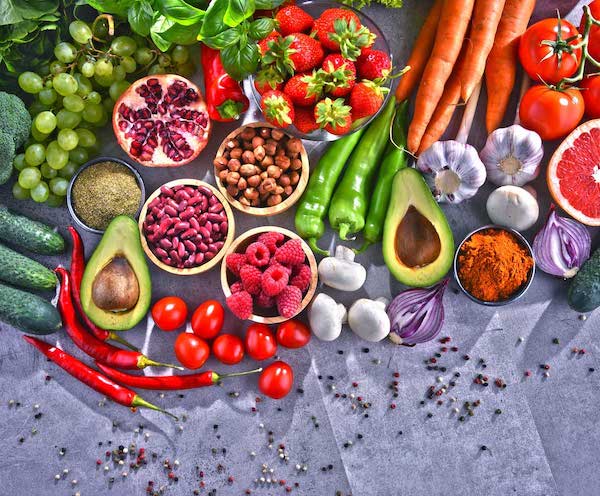
At some time in our lives, we’ve all been told to “eat your vegetables.” Maybe it was your mom, your doc, or the latest health news story. But do you know why consuming plants is so beneficial? They contain fiber, that’s true, but mostly it’s because of their polyphenol content.
While you might not be familiar with the term polyphenol, you likely have heard of some of its forms: quercetin, curcumin, and reservatrol to name just a few. Turns out polyphenols are phenomenal for promoting human health.
In the plants, the job of polyphenols is to help protect against the damage of ultraviolet radiation or pathogens. In humans, the compounds function as antioxidants, protecting against cell damage, and as anti-inflammatories, helping to dampen our potentially disease-causing fires.
The latest studies show that diets high in polyphenols – berries, vegetables, tea, spices, herbs, dark chocolate, and red wine – offer protection from harmful diseases. Here are a few of the key benefits:
Help regulate blood sugar
Polyphenols help lower blood sugar levels by slowing the breakdown of carbohydrates into simple sugars. They also increase insulin secretion, helping to transport blood sugar into muscles. Several studies show people with a diet high in polyphenols have lower fasting blood sugars, increased insulin sensitivity, and greater glucose tolerance than those whose diets contain less. Anthocyanins have been found to exhibit the strongest anti-diabetic effects of the polyphenols, and they are found in red, purple, and blue foods. Think berries, red cabbage, red grapes, and currants.
Promote heart health
Polyphenols can lower heart disease risks by reducing chronic inflammation through their antioxidant and anti-inflammatory properties. In addition, studies show polyphenol supplements lower blood pressure and the harmful LDL cholesterol, while increasing the beneficial HDL cholesterol. Not only that, but studies show polyphenols inhibit excess platelet aggregation, a process that left unchecked can lead to deep vein thrombosis, stroke, and pulmonary embolism.
Improve digestion
Polyphenols improve digestion by stimulating the growth on beneficial gut bacteria while simultaneously inhibiting pathogens. For example, green tea extract promotes the growth of beneficial bifidobacteria, while inhibiting harmful bacteria such as C. difficile and E. coli. In addition, studies show polyphenols help in treating peptic ulcer and inflammatory bowel disease.
Boost brain health
Studies show polyphenol consumption can improve brain function, memory, and concentration. Studies show Ginkgo biloba extract boosts memory, learning, and concentration, possibly by increasing blood flow to the brain. Cocoa flavanols also may improve brain blood flow and have been linked to improved working memory and attention. Grape juice, also high in polyphenols, boosted memory in older adults with mild mental impairment in as little as 12 weeks.
Lower cancer risk
Test-tube studies show polyphenols block the growth and development of cancer cell lines. In humans, studies have linked high blood markers of polyphenol intake to a lower risk for both breast and prostate cancers.
How to get more polyphenols in your diet
Many top-quality companies are now making polyphenol supplements, Terry Naturally’s Polyphenol Defense is one. Food sources are many, including berries, green tea, dark chocolate, red wine, red grapes, spinach, flaxseed, extra virgin olive oil, rosemary, turmeric, cumin, basil, and many more. (For a more complete list see references below.)
REFERENCES
